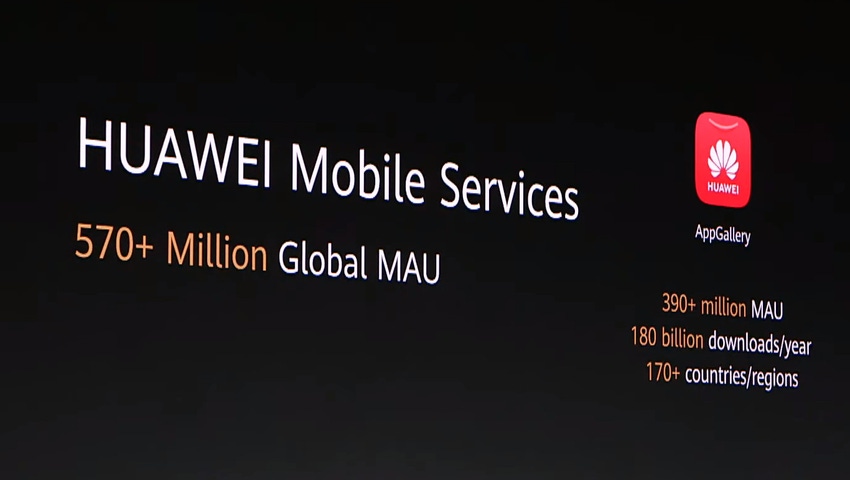Who, outside of China, would buy a Huawei smartphone now?
Huawei recently launched its latest flagship smartphone, which is excellent in every respect bar the absence of Google apps. That alone will be a deal breaker for most.
September 20, 2019

Huawei recently launched its latest flagship smartphone, which is excellent in every respect bar the absence of Google apps. That alone will be a deal breaker for most.
While the Mate 30’s spec sheet may only represent an evolution rather than a revolution, the same has been true of all other smartphone launches for some time. On the hardware side Huawei’s smartphones are as sophisticated as anything Samsung or Apple have to offer, but on the software side it is heavily dependent on Google’s Android.
On top of the many disadvantages that come with not owning your own software platform, Android presents the additional complication of being owned by an American company. Since US President Donald Trump decided to use Huawei as a proxy in his geopolitical arm-wrestle with His Chinese opposite number, that means Google is obliged to cease doing business with Huawei.
Android itself is open source, which means smartphone vendors are free to use it without having to deal directly with Google. Use of the Play Store and all other Google apps, however, does require a licensing agreement with Google, which is no longer possible for Huawei. So the big question for potential Huawei smartphone customers is: how important are those apps?
The simple answer is: very. Huawei is chucking billions of dollars at its own developer ecosystem in a bid to replicate the Android one and it may well achieve considerable success in doing so. But a Huawei version of an app will still be different from the one Android users are used to and it will never be able to replicate Gmail, Google Maps, etc.
This is of far less significance to Chinese punters, who have their access to Google products restricted by their government, lest they get funny ideas about freedom of speech, civil liberties and so on. So Huawei smartphone sales in China are unlikely to be dramatically affected by the absence of full-fat Android. Similarly in the US, where Huawei is effectively barred from selling its devices, it doesn’t make much difference one way or the other.
In the rest of the world, however, prospective smartphone buyers are faced with the choice of a Huawei phone with a compromised user experience, or any number of competitors with similar specs and the Android environment they know and love. There is absolutely no incentive for anyone to accept any user experience compromise, and thus no reason to pick Huawei over a rival.
History provides further evidence of the critical importance of the mobile platform to smartphone sales. A decade ago Symbian and Blackberry went from market-leading to irrelevant in a matter of months once their user experience was superseded by iOS and Android. Microsoft tried to break the nascent duopoly but faced the Catch 22 situation of trying to get developer support for a platform with a small user base, which in turn was impossible to grow with an inadequate app ecosystem.
We also have the precedent set by Amazon, which used an unlicensed fork of Android on its Fire smartphone five years ago. It too had impressive specs but nobody was prepared to accept the user experience compromise and it was left with a warehouse full of very expensive paperweights. Android is the Windows of mobile and nobody wants a vanilla Linux phone.
If we assume the Chinese market remains viable for Huawei, that’s a pretty major consolation prize, however. It accounts for sales of around 100 million units per quarter and Huawei has around a third of the market. But that implies 20-30 million of its total quarterly smartphone sales come from outside of China, nearly all of which could be lost until Trump and Xi patch things up. Far from catching Samsung at the top of the global smartphone vendor list, Huawei will do well to stay in the top five now.
About the Author(s)
You May Also Like











_1.jpg?width=300&auto=webp&quality=80&disable=upscale)


.png?width=800&auto=webp&quality=80&disable=upscale)